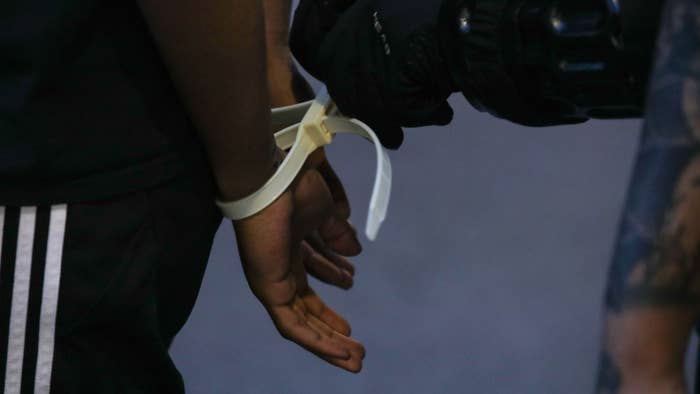
After over 150 years, America is finally trying to correct the language in the 13th Amendment which sparked the racist prison-industrial system.
The Associated Pressreported on Wednesday that lawmakers created a joint resolution to remove portions of the document that allow involuntary servitude. The 13th Amendment might have ended chattel slavery, but it explicitly states that a person convicted of a crime can be forced to work involuntarily as punishment. This loophole created a system where Blacks were convicted of petty crimes so that they would have to do manual labor—effectively re-enslaving them. That mindset continues to this day as Black Americans are disproportionately convicted of crimes when compared to their white counterparts.
"[The 13th Amendment] continued the process of a white power class gravely mistreating Black Americans, creating generations of poverty, the breakup of families and this wave of mass incarceration that we still wrestle with today," Oregon Sen. Jeff Merkley told the AP.
The House version of the venture was spearheaded by Missouri's Rep. William Lacy Clay while the senate has Sens. Bernie Sanders of Vermont, Ed Markey of Massachusetts, and Chris Van Hollen of Maryland signed on as co-sponsors.
"[The resolution would] eliminate the dehumanizing and discriminatory forced labor of prisoners for profit that has been used to drive the over-incarceration of African Americans since the end of the Civil War," Clay explained.
Currently, it is estimated that nearly $2 billion is derived through a system of convict leasing. Although most inmates are working voluntarily, there are still facilities in the United States where hard labor is enforced. Also, almost all of the workers are without proper legal employee protection and benefits that other Americans are entitled to.
"Your freedom has been taken away — that’s the punishment that society has assigned," a constitutional law professor at the University of California, Irvine, Michele Goodwin, said. "The punishment is not that you do slave work, that is unpaid labor or barely paid labor."

